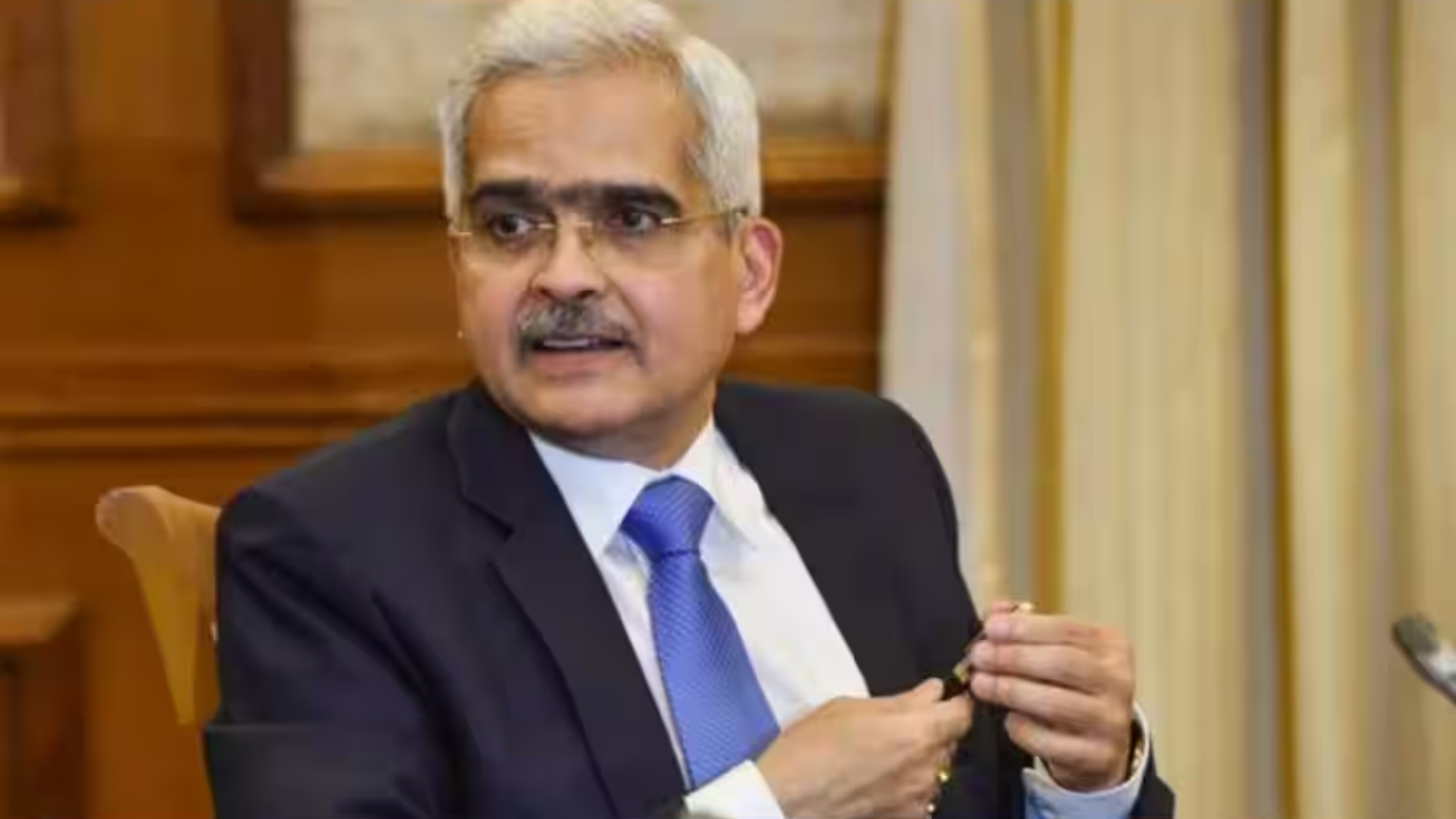
Investing is a long-term commitment to your financial success but it doesn’t have to be done alone. You can strike the right balance between making your own decisions while taking the help of all the smart tools available.
So you know you should begin investing but have no idea how to go about it? Well, the thing about investing is that it’s much like travelling. Imagine you want to go on a 10-day trip to Thailand. But you don’t know where to begin planning and you’re also worried because you realise that Thailand isn’t an English-speaking country. You don’t know which cities to visit and if food will be an issue since you’re a vegetarian.
Thinking about all the things you don’t know and need to figure out, you start to get cold feet. But you also realize that you’ve been postponing travelling for similar reasons since forever and that you’d like to finally do it this time. So you decide to weigh your options. Investing, too, can seem like an overwhelming journey to begin or to progress in.
Going solo in investing would mean taking the plunge without help. At least, without professional help of financial experts. But before you can evaluate if going solo is for you, you must evaluate your options, just like any life decision. So, let’s explore some of the different ways you can start your investing journey from scratch.
1. Doing it yourself after gathering enough investment knowledge.
You can start with researching the different types of financial securities – the risks involved, the kind of returns it generates, the investment horizon, the level of liquidity, etc. This will help you learn about different investments and see which align with your financial goals. The advantage you will have when you take it on yourself to dive into the world of investing and make all decisions by yourself is that you would be in complete control of building your portfolio and managing your money.
However, if you don’t have the time to go beyond a basic level of research, you will not be able to equip yourself with enough financial knowledge necessary to make strategic investment decisions in a timely manner. As a result, you may miss out on opportunities and everything may start to seem tricky again. It’s like trying to learn the language of the country you’re travelling to. You can easily learn functional words such as hello, thank you, and sorry, but what about the more complicated yet crucial phrases, ‘Where is the restroom?’, ‘Is there a discount on this?’, ‘I do not eat meat or fish.’
And there is no clear threshold of investment knowledge after which you can confidently begin your investment journey. In fact, the more you know about something, the more you realise how little you actually know. That’s a corollary of the cognitive bias known as the Dunning-Kruger effect.
2. Seeking help from friends and family
It can be helpful to gain insights from those around you. For instance, speaking with your father about his investing journey or your co-worker who keeps watching the market constantly may give you some perspective. However, you cannot reach out to them before you make every investment decision. And more importantly, their investing goals, strategy, financial backgrounds and safety nets, may be vastly different from yours.
Think of it as asking your friends to join you on your Thailand trip. But the issue is they want to enjoy the nightlife and shop while you want to have a beachcation and take it slow. Since their personalities and idea of a good vacation are inherently different, you won’t be able to align your travel goals.
3. Relying on financial news and media
You can rely on resources such as news, research, analyst reports and other media to guide you through your investing journey. You’re going to find daily updates and recommendations for different investments such as stocks, ETFs, gold, real estate, and more. The only drawback here is that it can feel like an information overload which can get overwhelming very quickly.
To be able to narrow down and curate which information is relevant to you as an investor and to be able to execute decisions based on it confidently may be difficult. It’s similar to looking up ‘Top places to visit in Thailand’. You’re going to get lists upon lists but how do you decide for yourself which of those places are going to be right for you?
4. Get a professional broker or a financial advisor
After going through the challenges listed out above, this may seem like a smart option. Essentially you are paying a professional who has more specialised knowledge and insights to help you with your investment decisions. Yes you have to part with a percentage of what you may earn. But still, you should be making more money than you previously did, since you haven’t begun investing yet.
However, also consider this. Since you will never know more than your broker starting out, you are at a disadvantage in making judgements. You will be biased towards deferring to their advice. Also, your broker’s incentives aren’t exactly aligned with yours. Your broker is incentivised to sell you what makes them the most commission over what makes you more wealthy. Besides, going this route also removes your incentive to learn, since someone else would be doing the thinking for you.
This would be like leaving your Thailand itinerary entirely in the hands of a tour guide or operator. While that may not be the most terrible idea, wouldn’t you want to go off the set itinerary if you like? Well, that’s a lot tougher to do with investing if you don’t have the confidence in your own understanding of the markets.
5. Personalised investing (Is there an app for that? Yes!)
There’s ‘The Market’ and there’s you, the investor. And the gap between the two is one of information. How ideal would it be if there was an Artificial Intelligence that understood your investing needs, goals and temperament, and offered you personalised recommendations? Would that help you make the most strategic money decisions? Such AI-based recommendations shouldn’t be generalised market predictions, leaving you wondering what moves you should make. In fact it is well within the capabilities of today’s AI technology, to offer you personalised pre-built portfolios that align with your financial goals and risk appetite.
Further, AI-based recommendations aren’t vulnerable to human biases fueled by temporary market panic or optimism. AI machines are now capable of crunching millions of data points in real-time so that you can make timely and informed decisions. In fact, it’s available in your pocket – your smartphone.
Starting your investing journey is easier today than ever before. If you’re still waiting, you’re losing money.
With all the complexities involved, it’s natural to get intimidated and put off investing. You won’t be the first investor to feel that way. You won’t be the last.
But when it comes to wealth creation, time is truly money, and the longer you wait to figure investing out to finally begin, the more you miss out on the returns you could earn through the power of compounding. It’s like booking your flight tickets. The longer you wait until your travel date to book them, the more they will cost you.
Unlink that trip to Thailand though, investing is not a one-time activity. Once you’re in, you’re in for the long haul towards financial success. But you don’t have to bear the weight of all the conflicting investing advice from your social circle, confusing reports with endless numbers, and news that is biased with vested interests.
You can simply turn to your smartphone and rely on the best trading app, Appreciate to bring you the power of personalised investing. With Appreciate’s AI-based recommendations you can invest in a smart, secure, and seamless manner across various assets. Our algorithm tracks market signals, helps you minimise losses, mitigate risk and volatility, as well as maximise the opportunities available globally.
Why wait?
Author Bio – Yogesh is a Co-Founder at Appreciate, a fintech platform helping Indians achieve their financial goals through globally diversified one-click investing.















